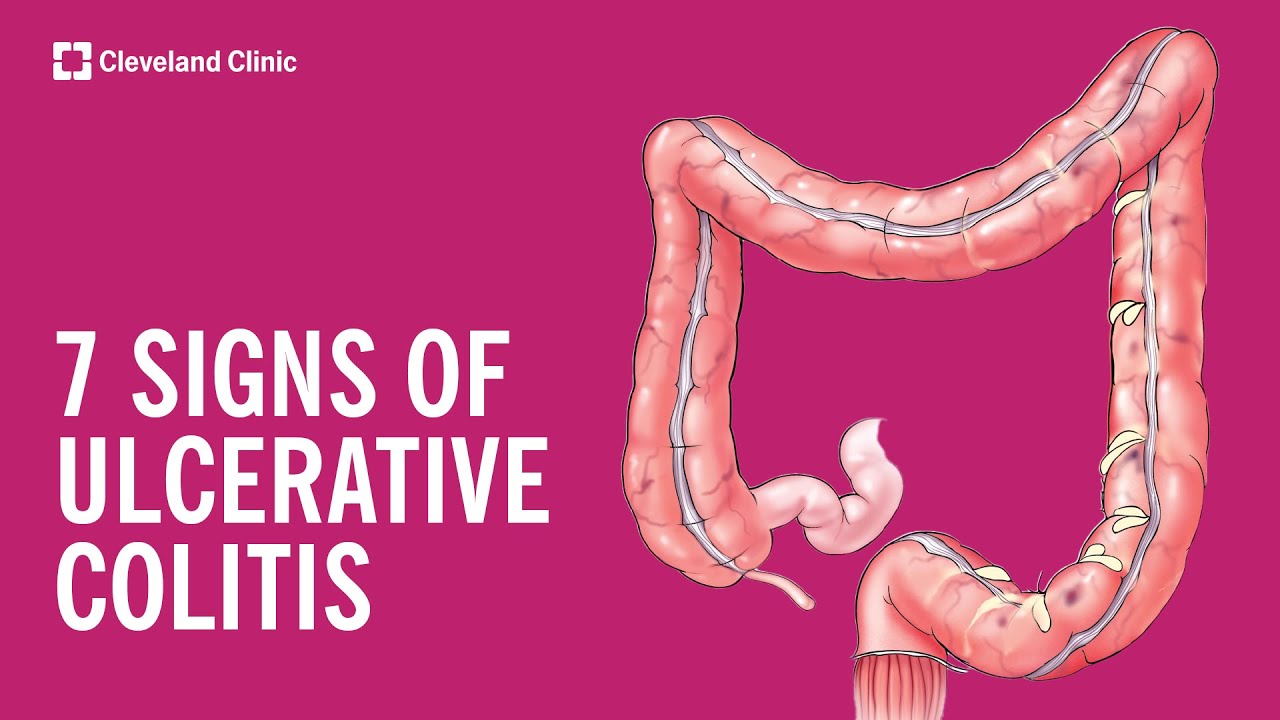NEW YORK (Reuters Health) – For patients with acute malignant obstruction of the left-sided colon, placement of colonic stents as a bridge to elective surgery offers no advantage over emergency surgery, a Dutch team reports in The Lancet Oncology online March 12.
In fact, the randomized trial comparing the two approaches was stopped on the advice of the data safety monitoring committee, according to the report.
The authors note that emergency surgery for bowel obstruction is associated with mortality rates of 15% to 34%, but the introduction of temporary colonic stenting in the 1990s as a bridge to surgery appeared to improve the condition of patients and decrease mortality and morbidity.
However, the results were often retrospective and uncontrolled, so Dr. Jeanin E. van Hooft, at the Academic Medical Centre, University of Amsterdam, and colleagues performed a randomized assessment of colonic stenting versus emergency surgery. They assigned 47 patients to receive colonic stenting and 51 to emergency surgery over a 30 month period.
Two interim analyses — in the first 60 patients and the first 90 patients — showed that 30-morbidity was increased in the colonic stenting group, with an absolute risk increase of 0.19.
After the trial was suspended, the final analysis showed the mean global health status during a 6-month follow-up was 63.0 in the colonic stenting group and 61.4 in the emergency surgery group. When adjusted for baseline values, there was no difference between the groups.
Also, there was no difference in terms of 30-day mortality, overall mortality, morbidity, or stoma rates at last follow-up.







